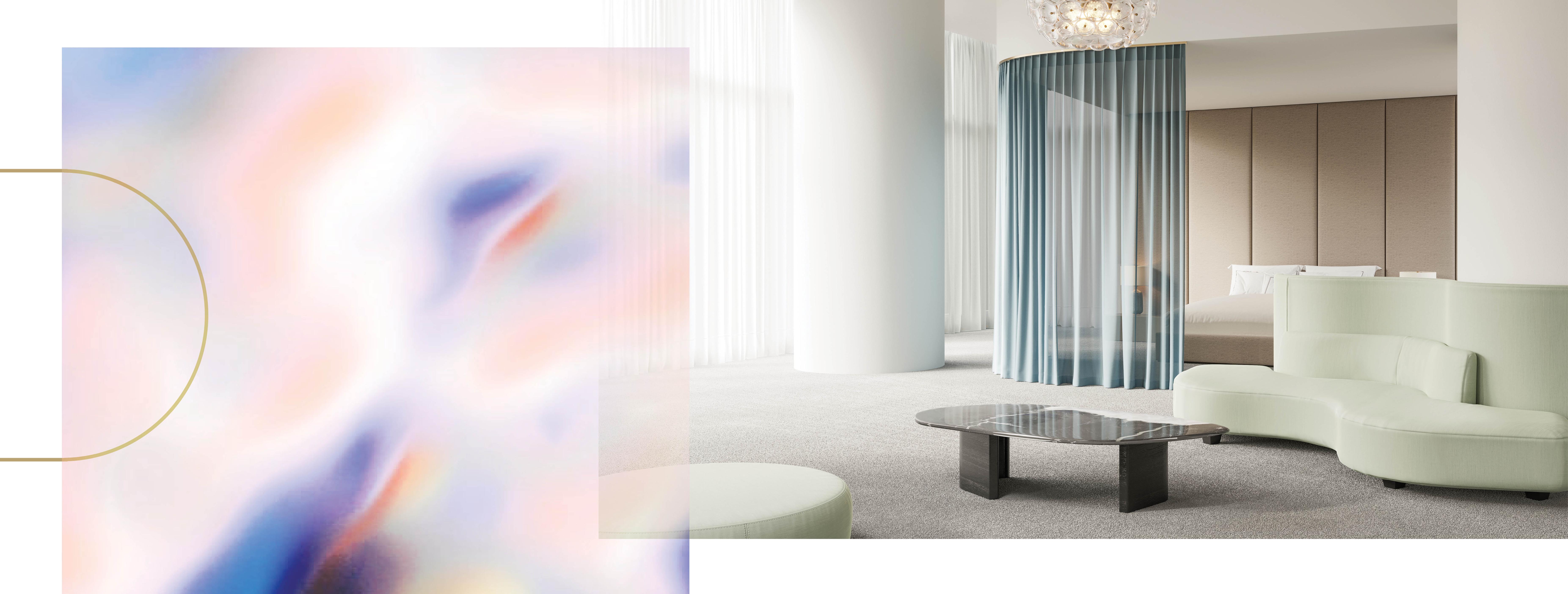Photorealistic rendering and digital authenticity
2020 was marked by a widespread realisation that technological advances can help us rather than hold us back. ‘Digitally Authentic’ traces the lines between genuine relationships and artificially rendered realities just as they are being redrawn by our deep need for connection, empathy and meaning.
Start the Trends journey from the beginning: 2021 art and design trends to inspire awakening.
It is possible to create hyper realistic environments using computer technology alone, and the applications of this ability are endless. From an FR-One perspective, we have been working towards realising our own dream of digital authenticity through the creation of digital twins of our fabrics.
In 2018, Gartner predicted digital twins as a top trend, saying that “with an estimated 21 billion connected sensors and endpoints by 2020, digital twins will exist for billions of things in the near future."
How digital twin technology pairs the virtual and physical worlds
A digital twin is a virtual version of a physical object or process. In our case, a digital twin of an FR-One fabric is the twin of the physical, real-world fabric, existing in a digital environment.
We digitise our fabrics through a high-quality, ultra-high-resolution scanning process that maps the finest detail of each fabric in 3D, including true-tone colour, pattern, and texture.
This process, powered by TwinBru, results in hyper-realistic digital images of each fabric, and each image has its own authentic qualities, just like our physical fabrics do.
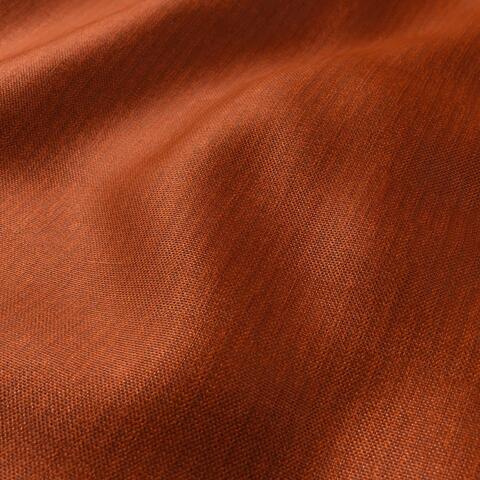
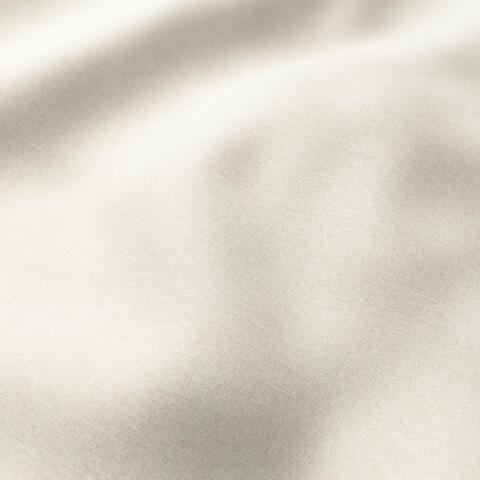
Using digital twins of our inherently fire retardant fabrics
These digital fabric twins fuel a huge amount of marketing content ready for customer use, including room scenes, furniture modelling and drapery.
Did you know that NASA was the first to dabble with pairing technology — the precursor to today’s digital twin — as far back as the early days of space exploration? - Forbes
They’re immediately ready for manufacturers, designers, architects, wholesalers, retailers (and more) to use.
What’s more, it makes perfect business sense.
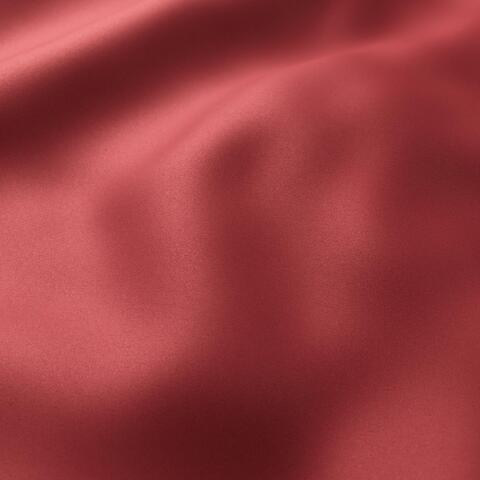

Production costs are lower, for one. For example, using digital fabric twins reduces costs for designers and manufacturers because a physical sample is not required. This eliminates expensive in-person product photoshoots, expensive transport chains or even having to order a fabric twice because of any errors that might happen along the way.
Once a customer has access to digital twins of FR-One fabrics, they can apply to furniture designs, or even custom, client-specific room scenes.
Plus, there is no space for misunderstandings about texture or colour when using the digital twins of our fabrics. They look and behave exactly as the real-world fabrics do, and in digital environments the light can be adjusted, the shadows, the time of day, etc., empowering our customers in easily simulating the real world for their clients.
Finally, as with digitally enabled business practices in general, there is a major benefit in that business operations aren’t necessarily tied to physical locations anymore. Design work or client communications can happen anytime, anywhere.
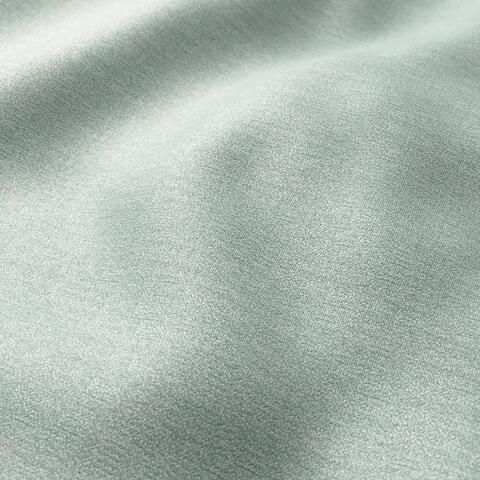
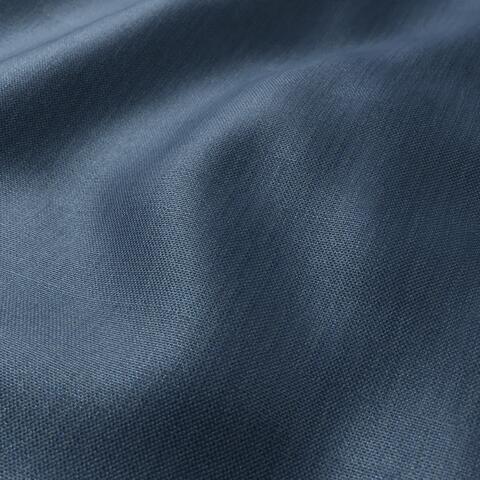
Digital authenticity in the 21st century
The textiles industry is traditionally a legacy-based one. The development of photorealistic-quality renders of our fabrics, room scenes and more, is our unique way of bringing our industry forward into this new, digital world.

